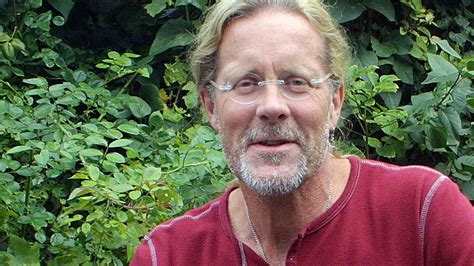A Quote by Ronnie Screwvala
The way we structure our deals is to work closely with the director. It is imperative to work with a studio because the way the film is marketed is crucial.
Related Quotes
You make a film and you can't really pick the way it's put to the public. You control the content, but the way it's marketed, or the poster, or what they're telling the public about the film, it's beyond you. Some people don't even see them, because they think they already know it. That can be frustrating, when something you've done is marketed in a way you think is antithetical to what it is.
All I've learned is that you need the studio system sometimes, if your budget is a certain size, and other films you can do independently. When I think of a studio, I generally think of distribution. Since I'm a director, I have a similar creative experience on every film I do, because I can control that. But then it's a different film, I think, as it reaches the public, depending on the way it's marketed. I don't know. I haven't learned much of anything. Sometimes you need them, sometimes you don't. Sometimes they want you, most of the time they don't.
All I ever hoped for was freedom of choice and to not have to just do work because I needed to pay the bills. If you can, weave your way into a studio in a situation where it's supportive of the other work you wanna do. Also, there is caliber and weight in studio films, and I think the ideal is to get that balance right: Do a studio film, go away and do something that is smaller.
With a director it's all about the work; I'd work with a great director over - you know, I'm not the kind of actor who that doesn't go, 'I want to play this role.' It's more like, 'I want to work with this director,' regardless of what the role is because if it's a good director, you'll probably find a good role because it's a decent film. But a mediocre director will always make a mediocre movie.
Finally, I was called for "The Office" and I was really lucky, because a lot of the shows that I went out for I would work my way up from, like, an audition with the casting director to the director to the producers to the studio, I'd go through seven auditions, and then they'd give the role to a famous actress.
I suppose where I am sort of reflects the work I have chosen to do. Are there occasional frustrations because I can't work with a certain director because it's a big studio movie, and I don't have enough of a studio profile? The answer is yes. But generall... generally, I have the career I have chosen myself.
My job on a film is to be responsible for all the sounds in the movie besides the music. Together with my team, we work on the dialogue, foley, sound effects, and sound design. We work closely with the director and picture editor in the prep period, and then together with them, the sound mixers, and music crew, we collaborate on the final mix of the film.
Every film you work on is different, and that's part of what it's like for anybody who works on a film, is to learn how to work with others. Learn from top to bottom. Actors have to learn how to work with the director and the director has to learn how to work with actors, and that's not just those two departments.


































